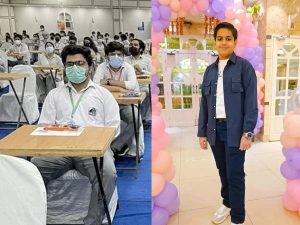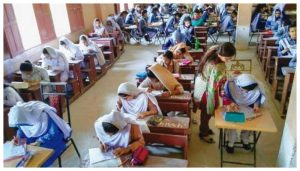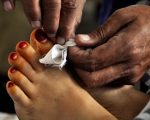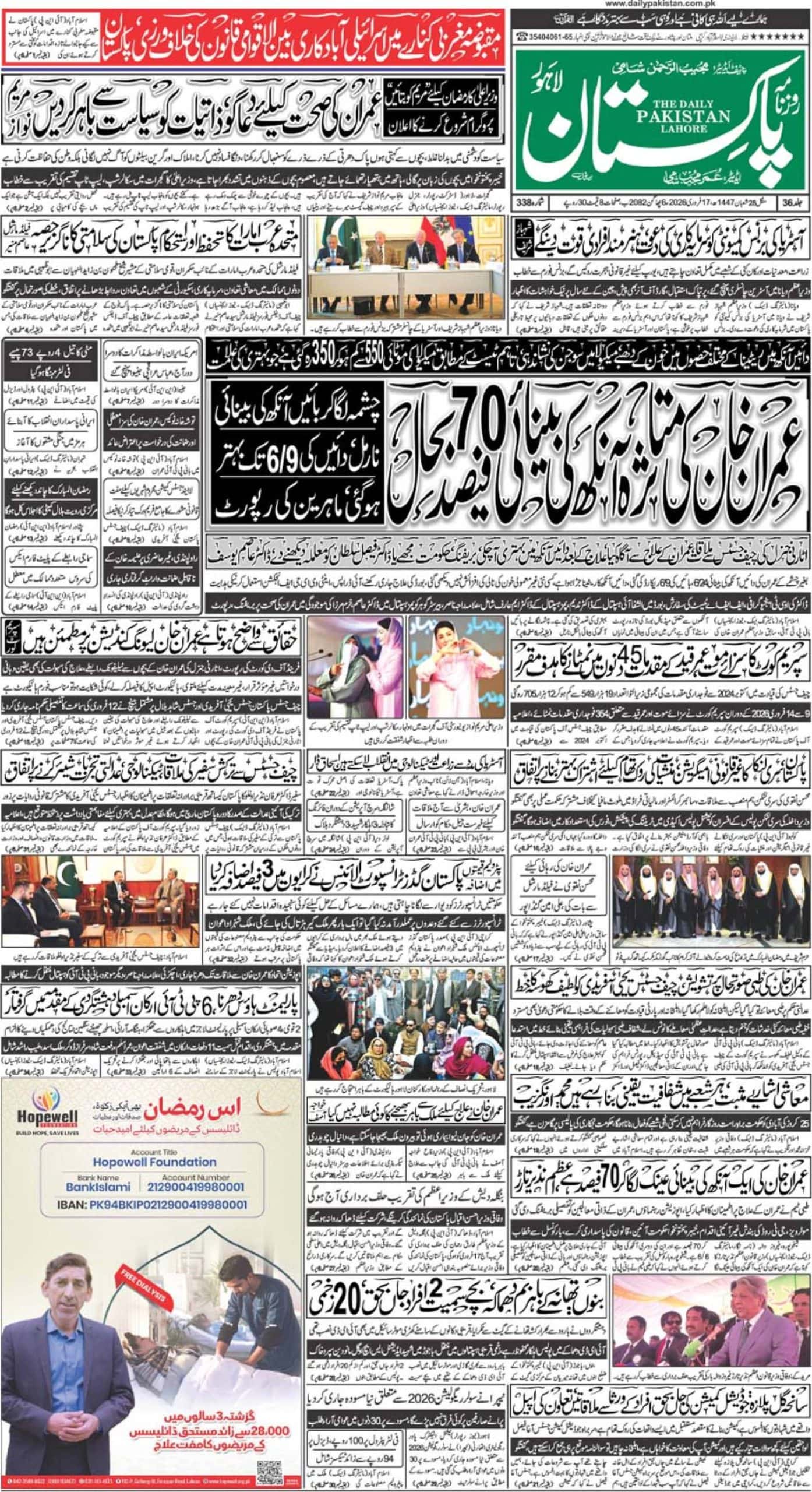Lahore – The University of Health Sciences (UHS) is set to introduce significant changes to its MBBS curriculum, with plans to implement a more modular and practical approach for third and fourth-year students. This move aims to enhance the quality of medical education and better equip future doctors with essential clinical skills.
In a meeting chaired by UHS Vice Chancellor Professor Ahsan Waheed Rathore, leading medical education experts discussed the upcoming revisions. The university had already adopted a modular system for first and second-year MBBS students and is now preparing to extend this approach to the later years of the program.
“We are transitioning to a modular curriculum for the third and fourth years as well, ensuring that students benefit from more integrated learning,” said Prof Rathore.
One of the key features of the updated curriculum will be an increase in clinical training hours, starting from the third year. Students will now receive 12 to 14 hours of clinical exposure each week, allowing them to develop hands-on experience earlier in their studies.
While the multiple-choice questions (MCQs) evaluation system will remain in place, the new curriculum will place a stronger emphasis on practical experience and clinical skills. “The MCQ system is effective for exams, but our top priority is now practical training,” added Prof Rathore.
The revised curriculum will also introduce courses in family health and community medicine, with a focus on primary healthcare. These changes reflect UHS’s commitment to preparing medical students to address real-world healthcare needs.
This curriculum overhaul is seen as a vital step toward modernizing medical education in Pakistan, aligning with global best practices and ensuring that graduates are well-prepared for the challenges of the medical profession.














